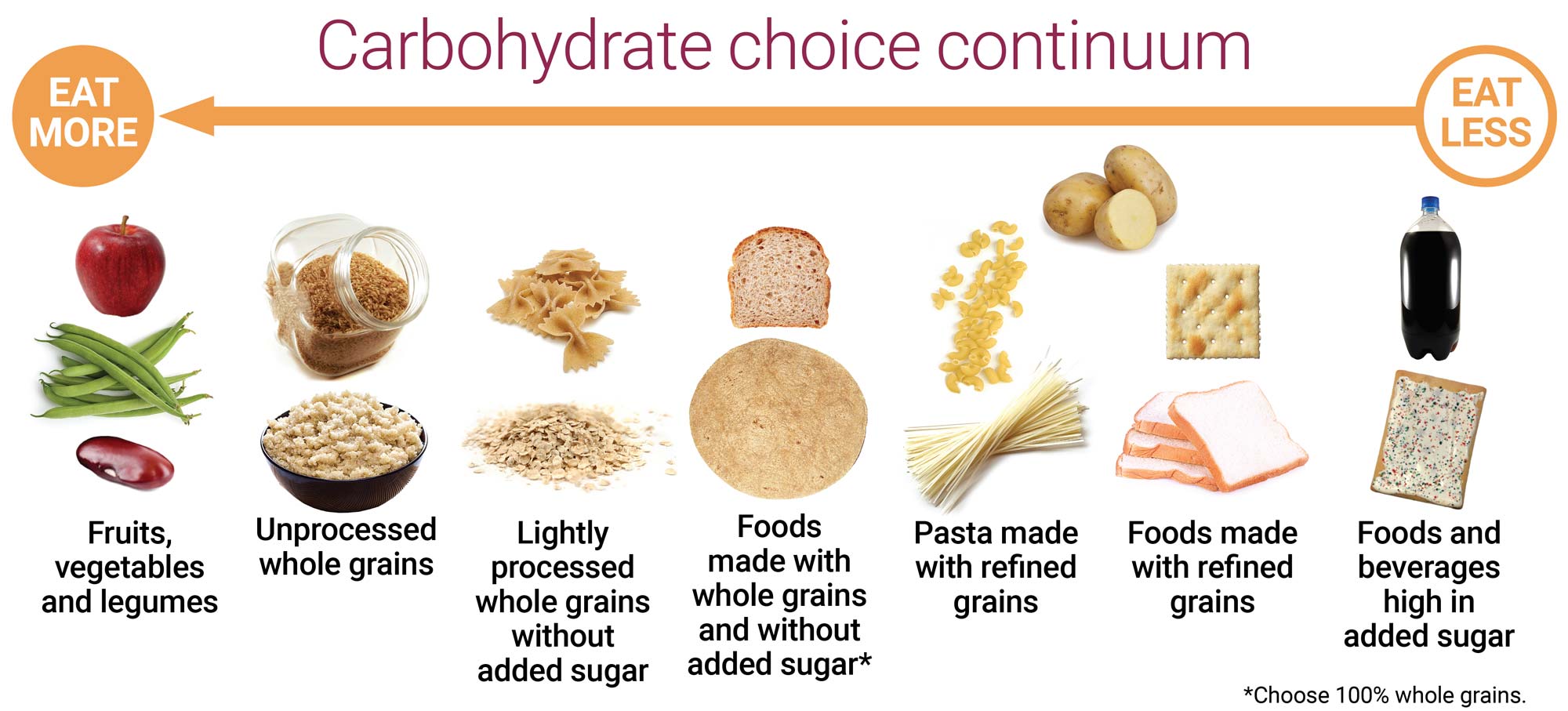
The Truth About Seed Oils: Context, Not Controversy
In front of shelves lined with cooking oils, a shopper hesitates over a bottle of canola oil. Online, she has read claims that seed oils are toxic and responsible for chronic disease. Nutrition science shows a different story.
“There is abundant evidence suggesting that seed oils are not bad for you. If anything, they are good for you,” says Matti Marklund, PhD, MSE, Assistant Professor in International Health (Marklund, 2025).
As a nutrition scientist, Marklund studies how dietary fats influence chronic disease. “The fatty acids typical in seed oils, like linoleic acid, are associated with lower risk of cardiovascular disease, heart attack, stroke, and diabetes,” he explains.
Dietitian Alison Kane from Massachusetts General Hospital also notes that the misinformation about seed oils circulating online is misleading. “These oils are not inherently unhealthy. It depends on how you use them and how much you consume” (Corliss, 2025).
What Seed Oils Are and What They Are Not
Seed oils come from the seeds of plants such as canola, corn, soybean, sunflower, safflower, grapeseed, and rice bran. They contain mostly unsaturated fats, while fats from animal sources like butter, cheese, and meat contain mostly saturated fats.
Decades of research show that replacing saturated fats with unsaturated fats lowers LDL cholesterol and reduces heart disease risk (Harvard Health Publishing, 2025). Canola oil, for example, provides alpha-linolenic acid (ALA), a plant-based omega-3 fatty acid that helps regulate inflammation and supports cardiovascular health. It also contains phytosterols, natural compounds that can help lower cholesterol absorption.

How Seed Oils Are Made
Cold-pressed or expeller-pressed seed oils are extracted mechanically and retain more flavor but have lower smoke points. Refined oils undergo additional processing that involves solvent extraction, usually with hexane, to improve yield and stability. Critics often focus on hexane use, but this concern is misplaced. The chemical evaporates completely during processing, and any remaining traces are minimal and not considered harmful.
Refined seed oils are therefore safe for consumption. Their neutral taste, affordability, and heat stability make them suitable for everyday cooking and baking.
The Evidence for Linoleic Acid
Linoleic acid is the primary omega-6 fatty acid in seed oils. In a large analysis involving more than 68,000 participants from 13 countries, those with the highest levels of linoleic acid in their blood had significantly lower risks of heart disease and stroke (Marklund et al., 2019).
Controlled clinical trials have confirmed that linoleic acid lowers LDL cholesterol, raises HDL cholesterol, and may improve blood pressure and glucose metabolism (Marklund, 2025). People with higher levels of linoleic acid were found to have a 35% lower risk of developing type 2 diabetes compared to those with the lowest levels.
The Inflammation Myth
A common argument against seed oils is that they cause inflammation. This claim is not supported by human studies. Omega-6 and omega-3 fatty acids are both essential nutrients that the body cannot produce on its own. They serve complementary functions in immune signaling and repair, rather than opposing ones.
“Somewhere along the line, this got flipped into a misunderstanding that omega-6s do the opposite of omega-3s,” explains Christopher Gardner, Director of Nutrition Studies at Stanford Prevention Research Center. Research consistently shows that increasing linoleic acid in the diet does not raise inflammatory markers in the blood.
The issue is not excess omega-6, but insufficient omega-3 intake. Increasing consumption of fish, walnuts, flaxseed, or canola oil helps restore balance.
Cooking and Heat Stability
Concerns about oxidation during cooking are common, but the evidence shows that seed oils are stable under normal home cooking temperatures. Problems occur only when oils are overheated or reused repeatedly, as in industrial frying.
“Factories and restaurants often do not change their oil frequently enough, and that contributes to the link between fried fast foods and heart disease,” says Kane (Corliss, 2025). This is more about how the oil is used rather than the oil itself.
At home, using seed oils for sautéing or roasting vegetables is safe. Storing oils in a cool, dark place or in the refrigerator helps maintain freshness and quality.
Seed Oils vs. Animal Fats
Some influencers suggest returning to animal fats such as butter or lard. However, extensive research has shown that saturated fats raise LDL cholesterol and increase the risk of cardiovascular disease (Gardner, 2025).
The Dietary Guidelines for Americans (2020–2025) recommend replacing animal fats with plant oils such as canola, sunflower, or safflower to improve heart health. As Gardner explains, “Swapping saturated fats for plant oils consistently lowers cholesterol and cardiovascular risk.”

The Real Issue: Processed Foods
Seed oils are common in packaged snacks, salad dressings, and fried foods. The problem is not the oils themselves but the processed foods they are used in. These foods are typically high in sodium, sugar, and refined carbohydrates, which contribute to poor health outcomes.
“Seed oils are hiding in our food supply, mainly in crunchy, salty, or sweet snack foods that come in a bag,” Kane explains. Choosing whole foods and minimizing processed items has a far greater impact on health than eliminating seed oils.
Practical Takeaways
- Use seed oils wisely. They are excellent for sautéing, roasting, and making dressings.
- Store oils properly. Keep bottles sealed and away from heat or light to preserve freshness.
- Balance fats. Add omega-3-rich foods such as fish, walnuts, or flaxseed instead of cutting omega-6.
- Avoid overuse in processed foods. The problem lies in excess consumption of packaged products, not in seed oils themselves.
- Cook fresh. Replace oil after frying to reduce oxidation and preserve quality.
The Bottom Line
Seed oils are not toxic. They are safe, nutrient-rich sources of essential fats that support heart and metabolic health when consumed in moderation. The real issue lies in excessive consumption of processed foods and insufficient omega-3 intake.
Replacing butter with canola, soybean, or sunflower oil can improve cholesterol and support cardiovascular health. Using these oils to prepare whole foods remains one of the simplest, evidence-based choices for long-term wellness.
Know someone who swears seed oils are poison? They need this.
References
Corliss, J. (2025, March 1). Seeding doubt: The truth about cooking oils. Harvard Health Publishing. Retrieved from https://www.health.harvard.edu/heart-health/seeding-doubt-the-truth-about-cooking-oils
Gardner, C. D. (2025). Public Health On Call: Omega-6 and omega-3 fatty acids explained. Stanford Prevention Research Center. Stanford University.
Harvard Health Publishing. (2025). Are seed oils healthful or harmful? Harvard T. H. Chan School of Public Health. Retrieved from https://hsph.harvard.edu/news/are-seed-oils-healthful-or-harmful
Marklund, M., Wu, J. H. Y., Imamura, F., Del Gobbo, L. C., Fretts, A. M., de Goede, J., ... & Mozaffarian, D. (2019). Biomarkers of dietary linoleic acid and incidence of cardiovascular disease: Pooled analysis of 30 cohort studies. Circulation, 139(21), 2422–2436. https://doi.org/10.1161/CIRCULATIONAHA.118.038908



















